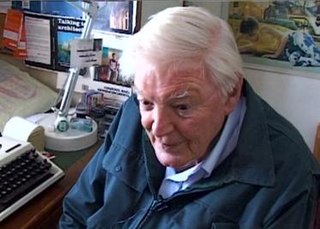A Quote by Colin Ward
The fact there is no route-map to utopia does not mean that there are no routes to more accessible destinations.
Related Quotes
When I was born I became the visible corner of a folded map. The map has more than one route. More than one destination. The map that is the unfolding self is not exactly leading anywhere. The arrow that says YOU ARE HERE is your first coordinate. There is a lot that you can't change when you are a kid. But you can pack for the journey.
In 1977, I climbed a fairly difficult mountain for the first time, which was Mount McKinley, in Alaska. I climbed the so-called 'American Direct Route,' which was a route straight up to the top. I really enjoyed it. Through such experiences, I learned that mountaineering wasn't just about height. I found that different routes have different charms.
It is a quite remarkable fact that the great religions of the most civilized peoples are more deeply fraught with sadness than the simpler beliefs of earlier societies. This certainly does not mean that the current of pessimism is eventually to submerge the other, but it proves that it does not lose ground and that it does not seem destined to disappear.
The sight of stars always sets me dreaming just as naively as those black dots on a map set me dreaming of towns and villages. Why should these points of light in the firmament, I wonder, be less accessible than the dark ones on the map of France? We take a train to go to Torascon or Roven and we take death to a star.



































